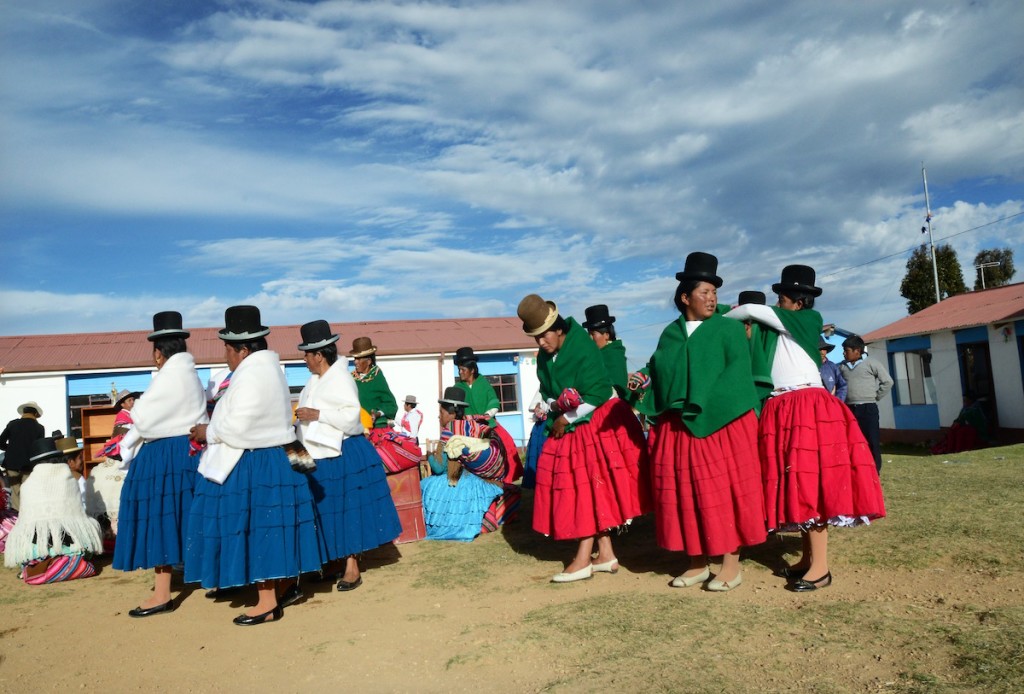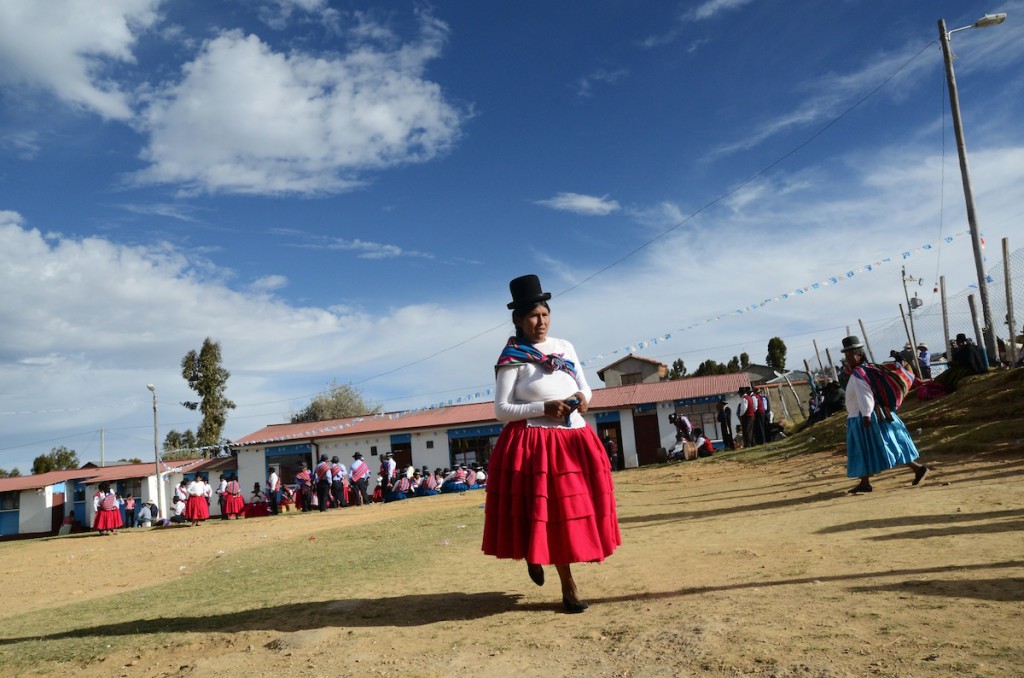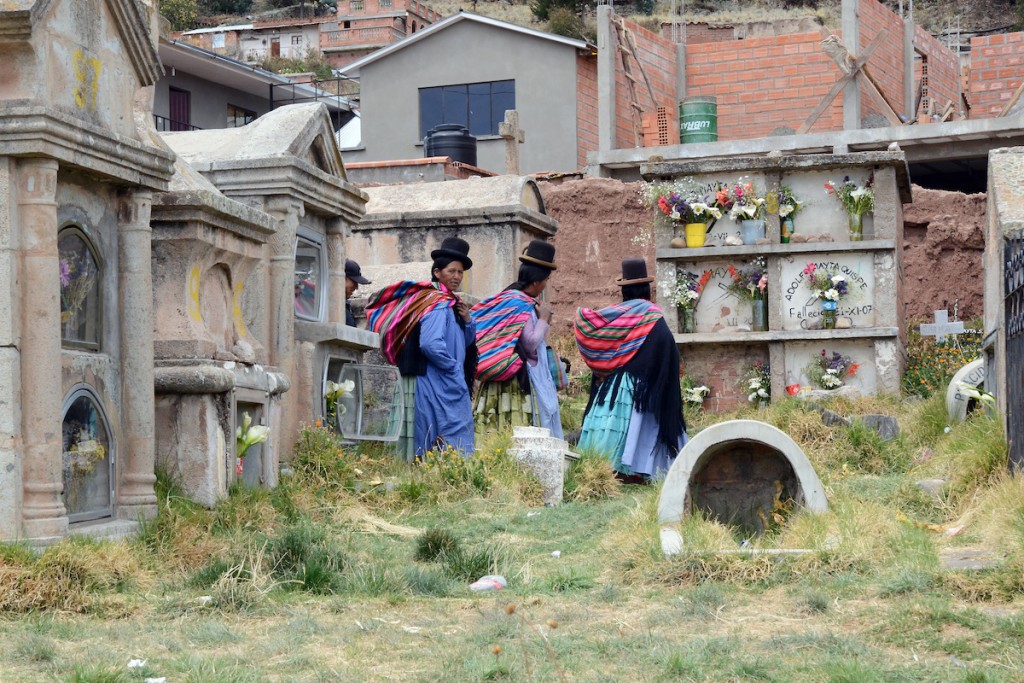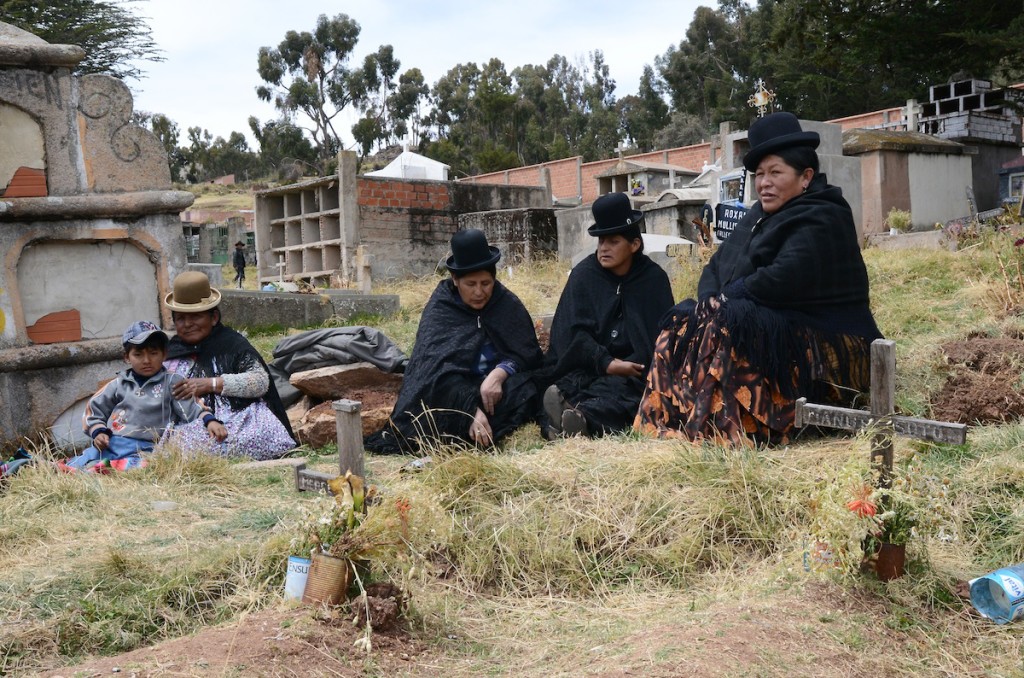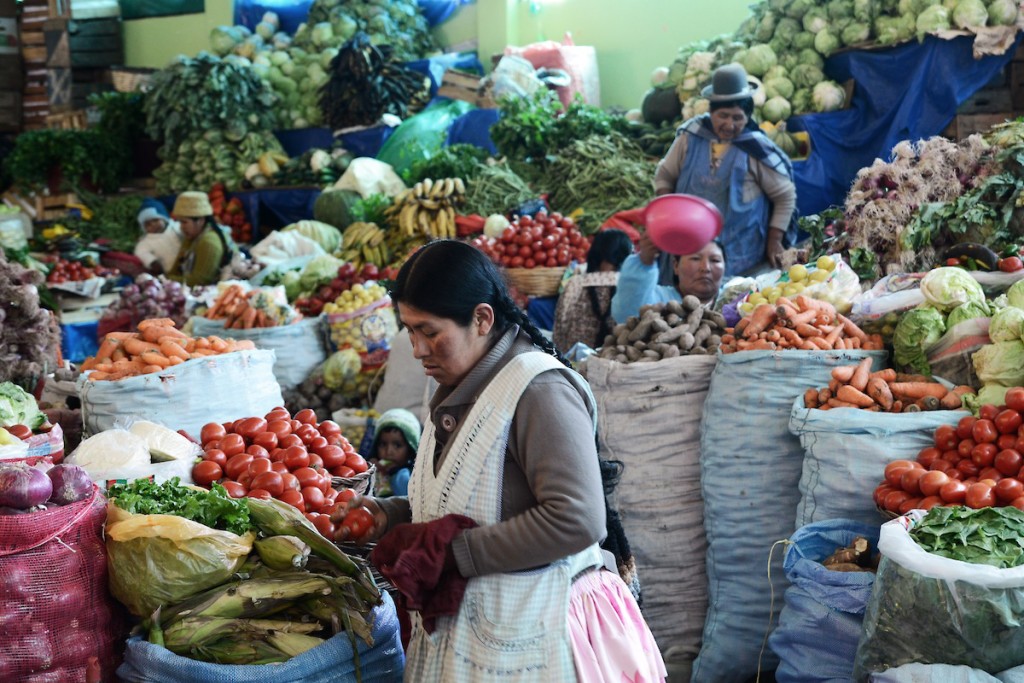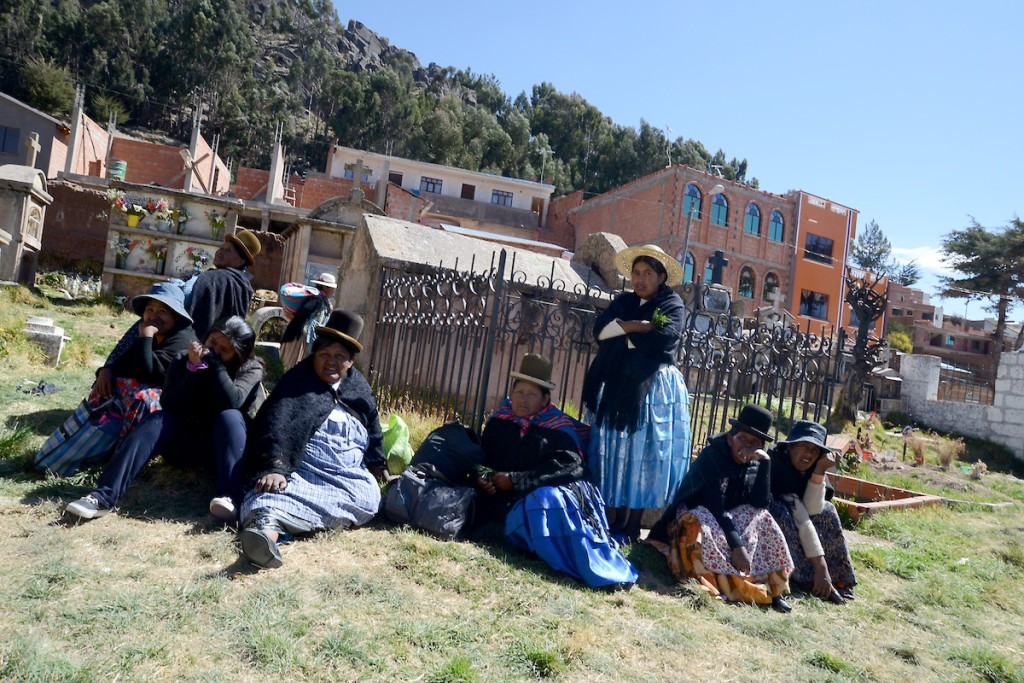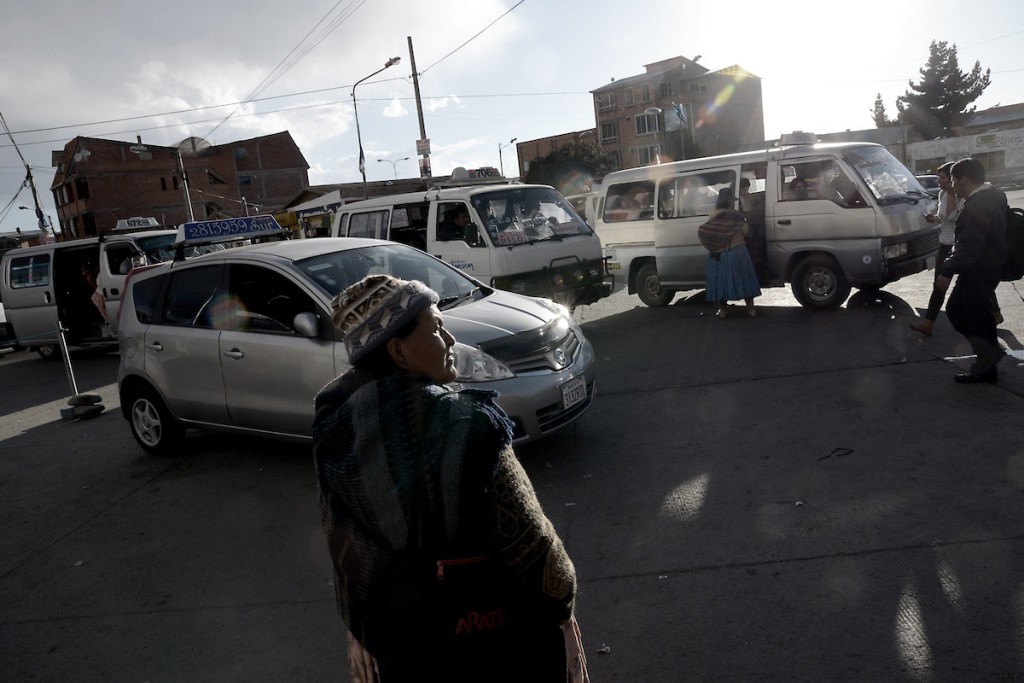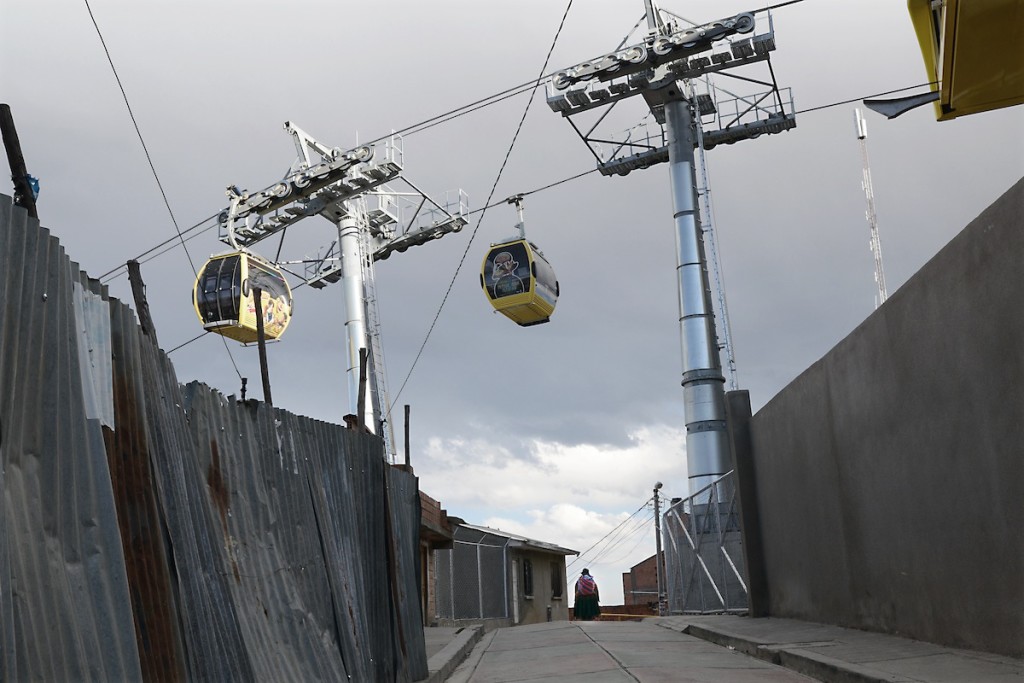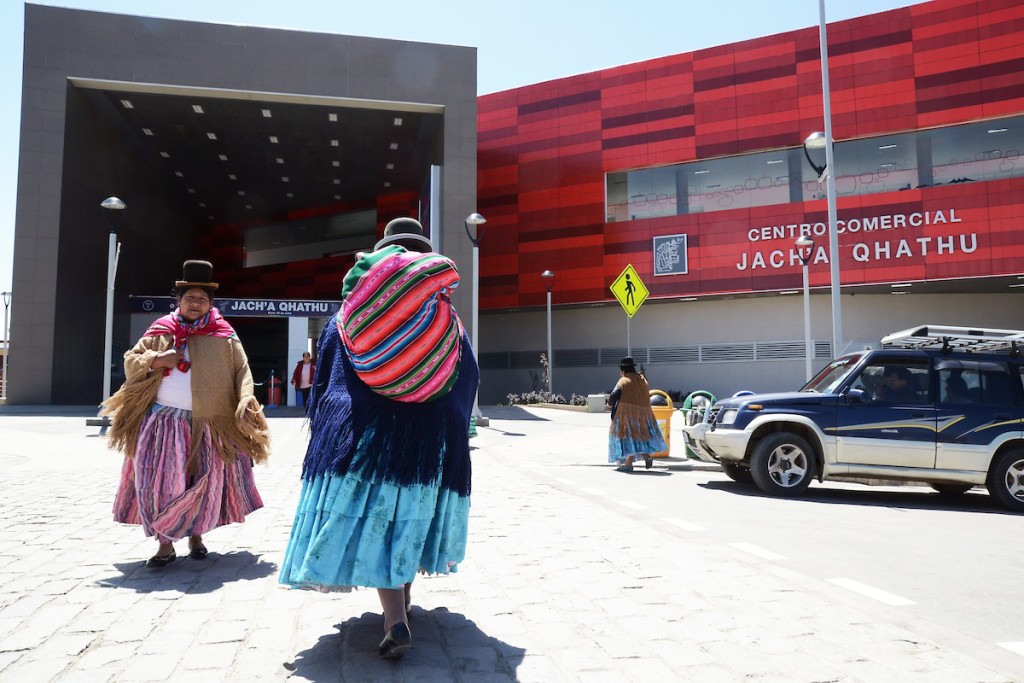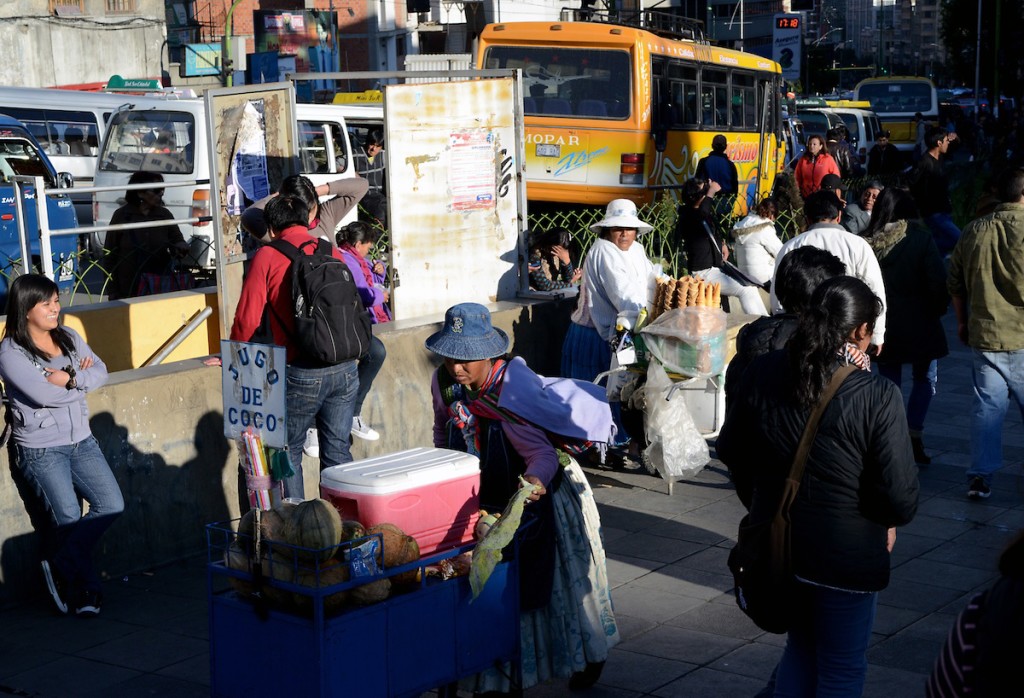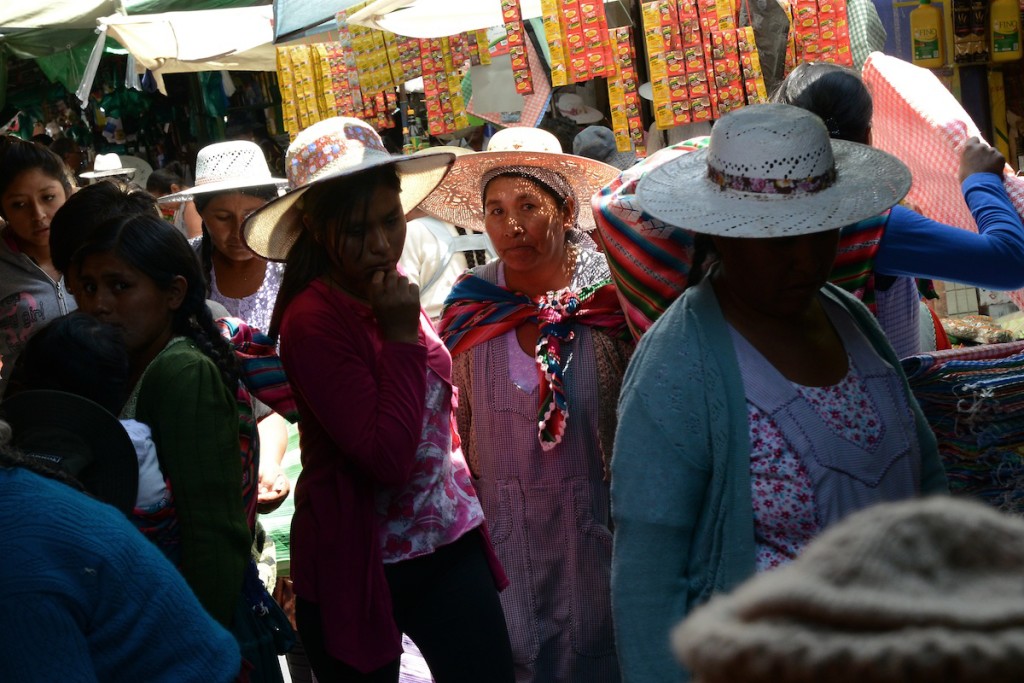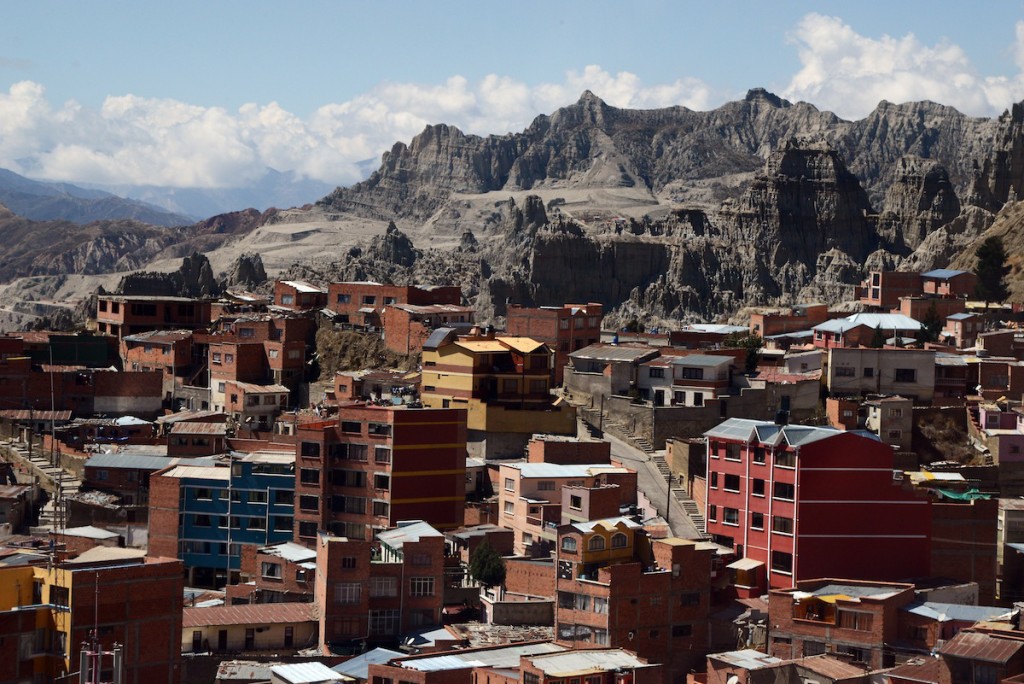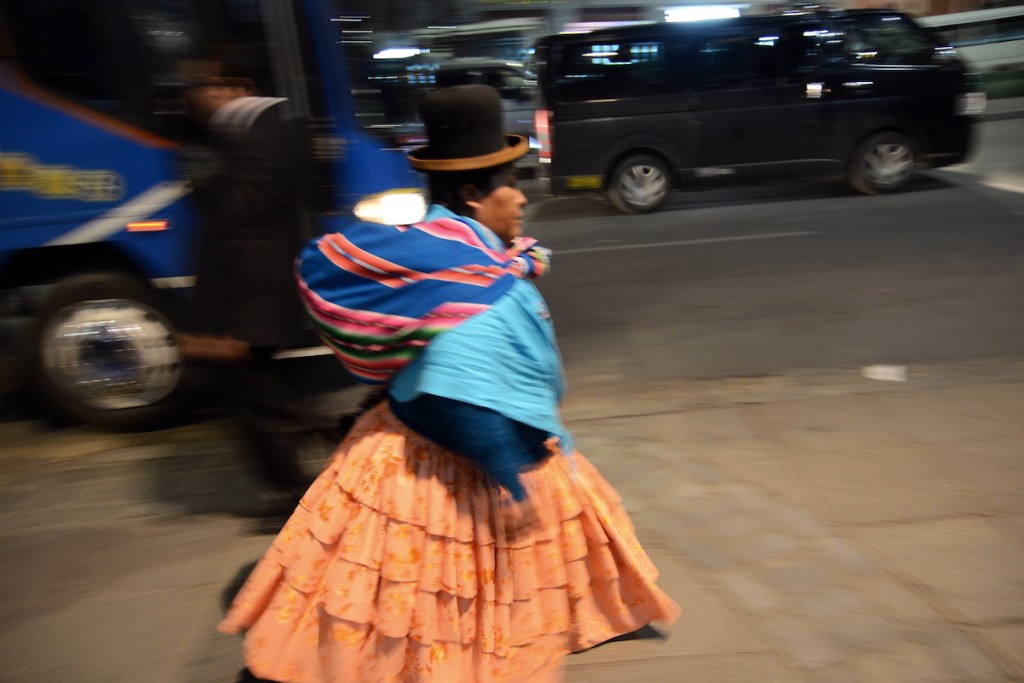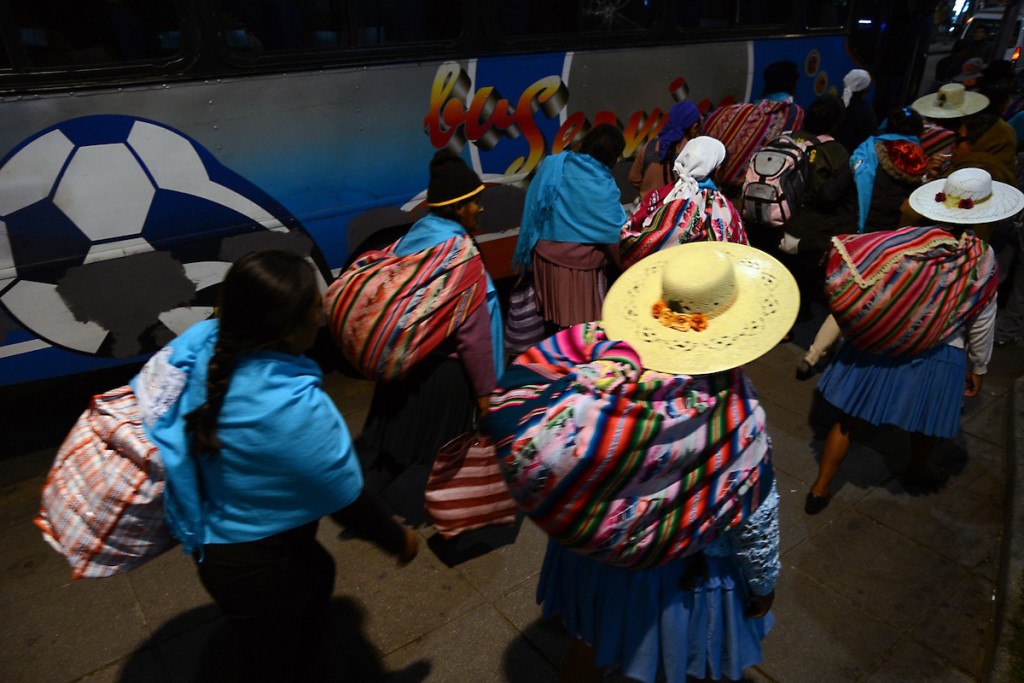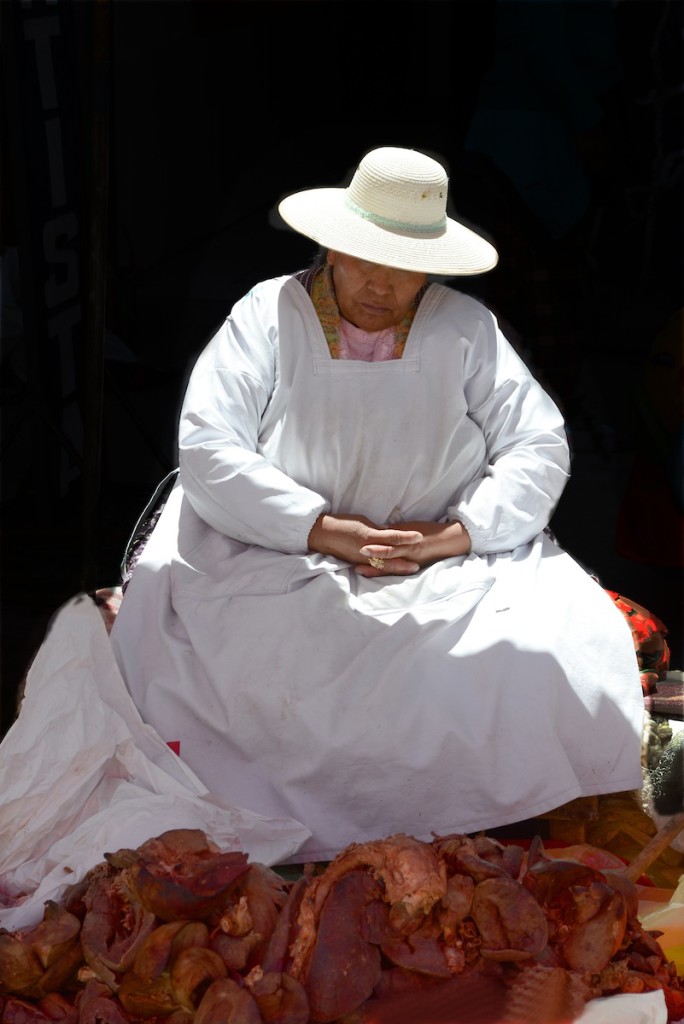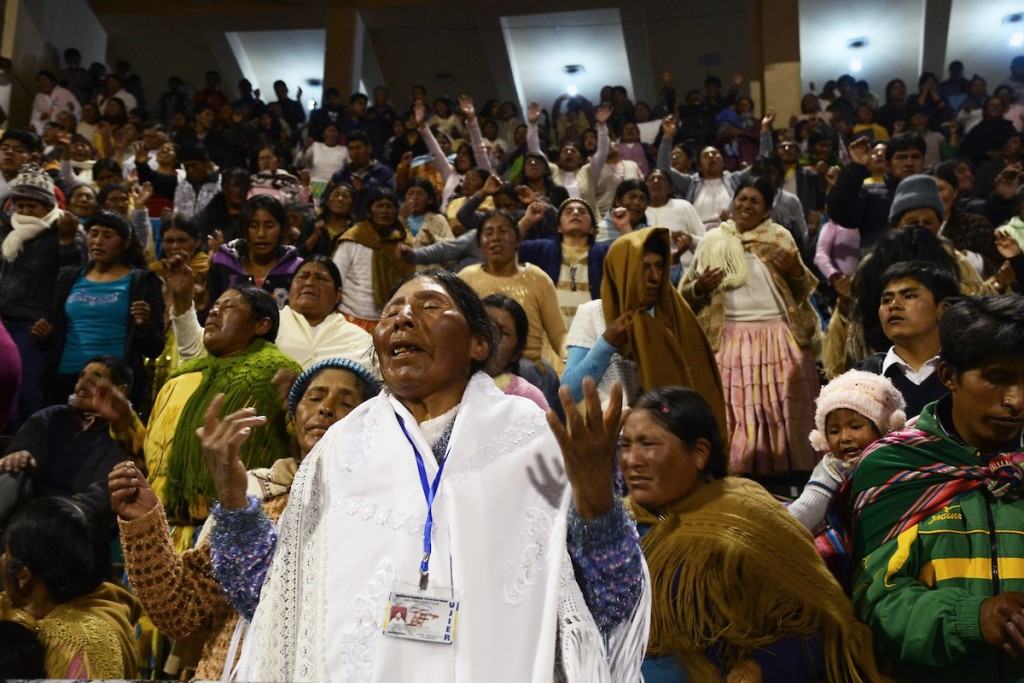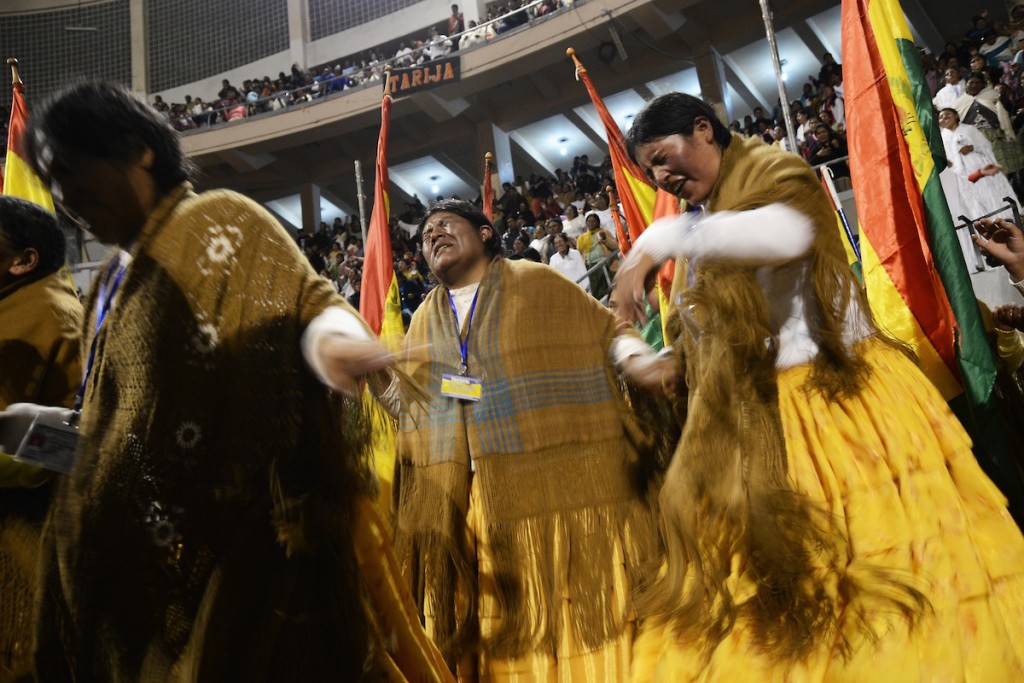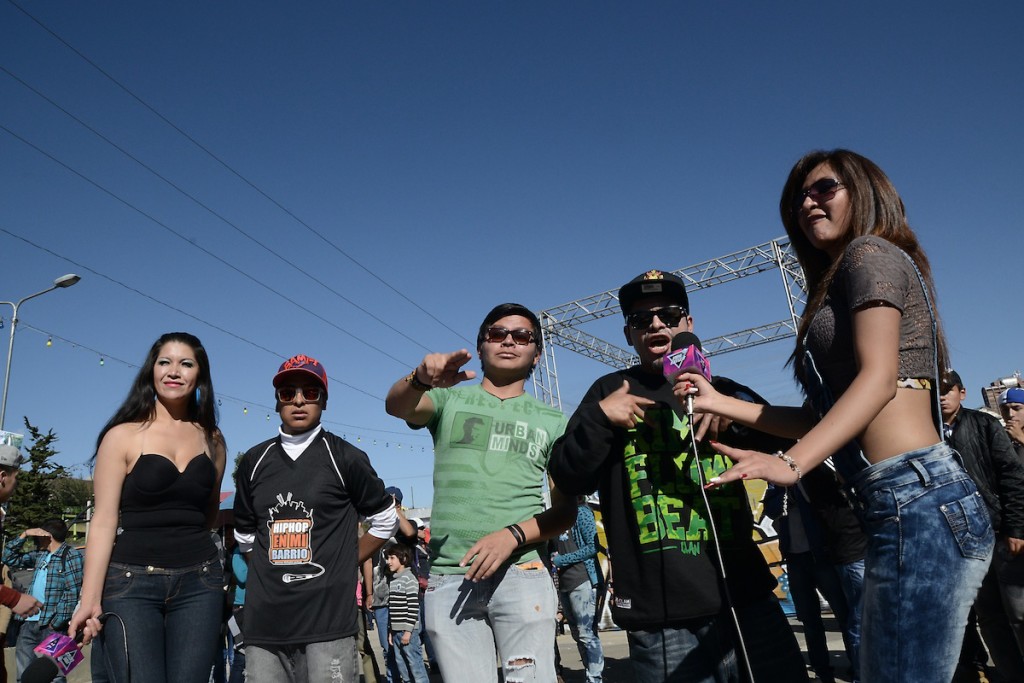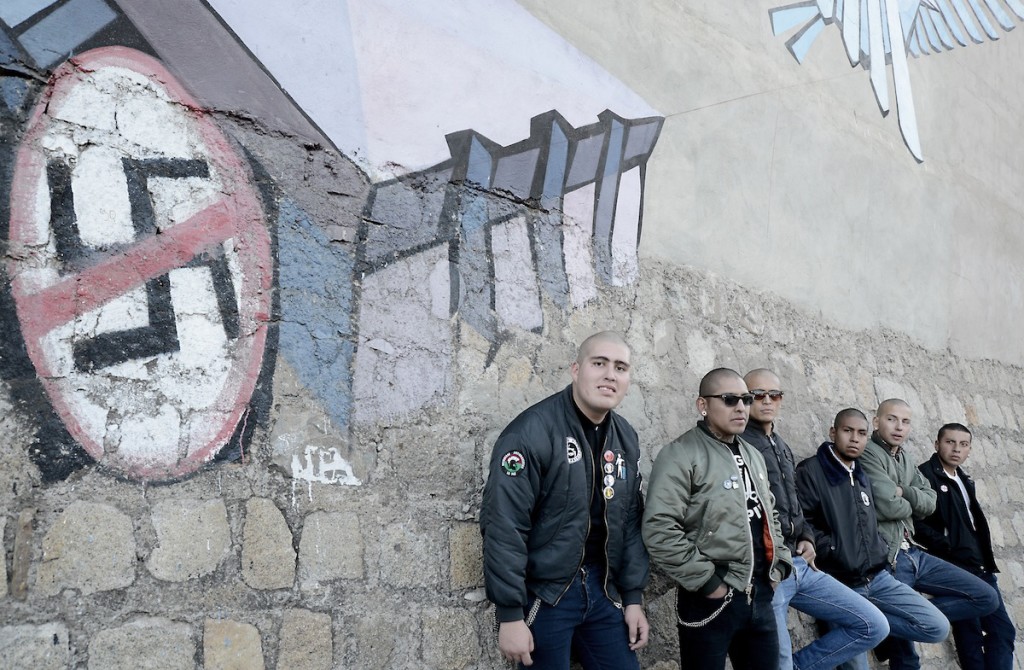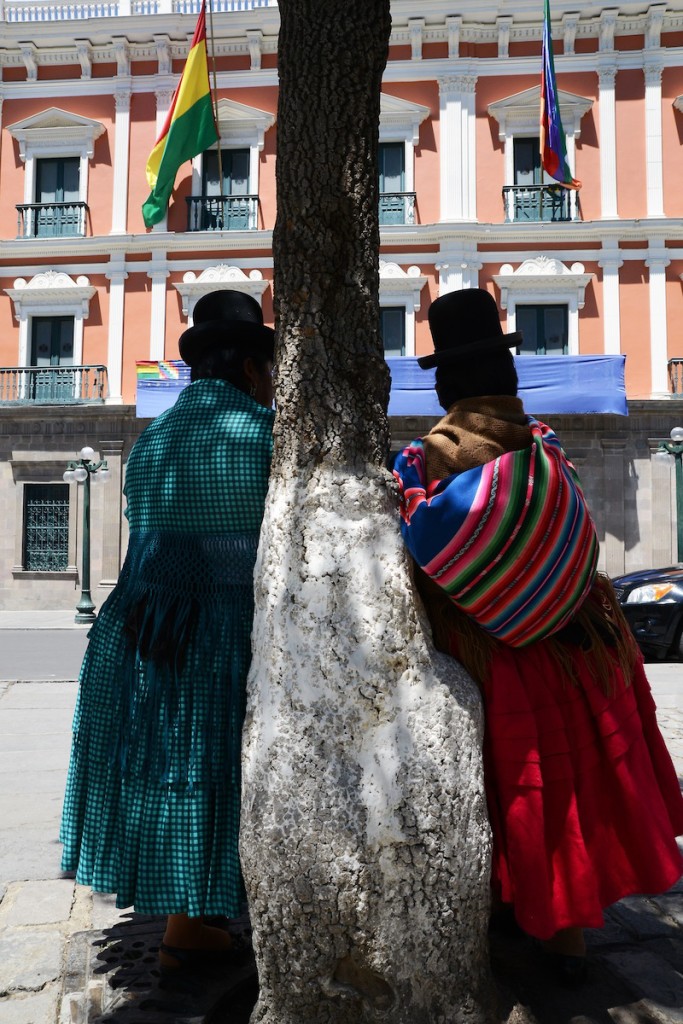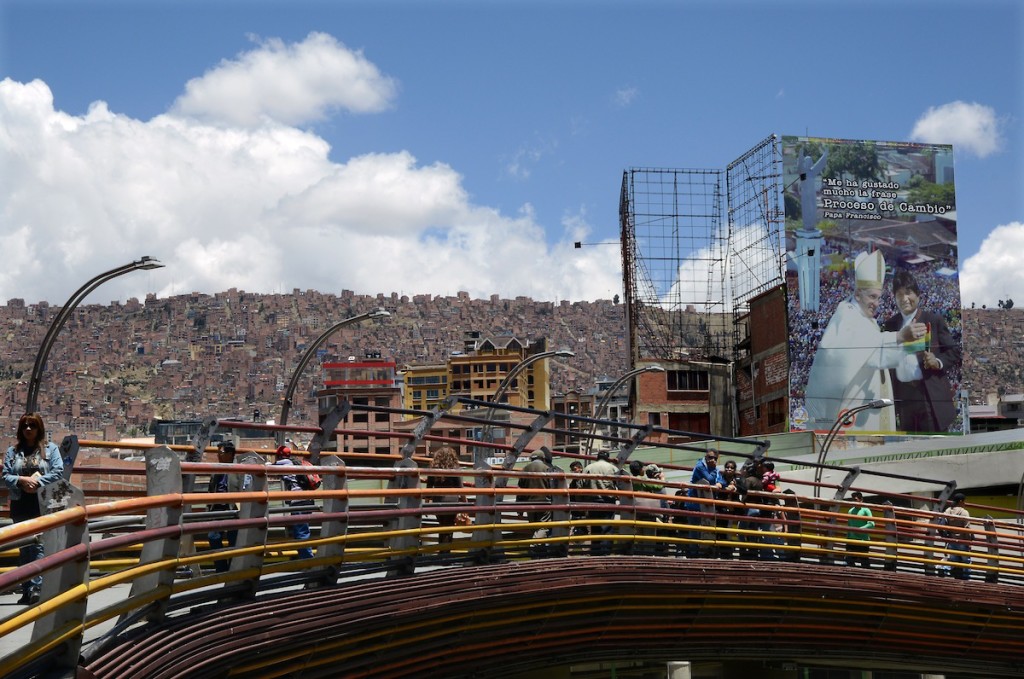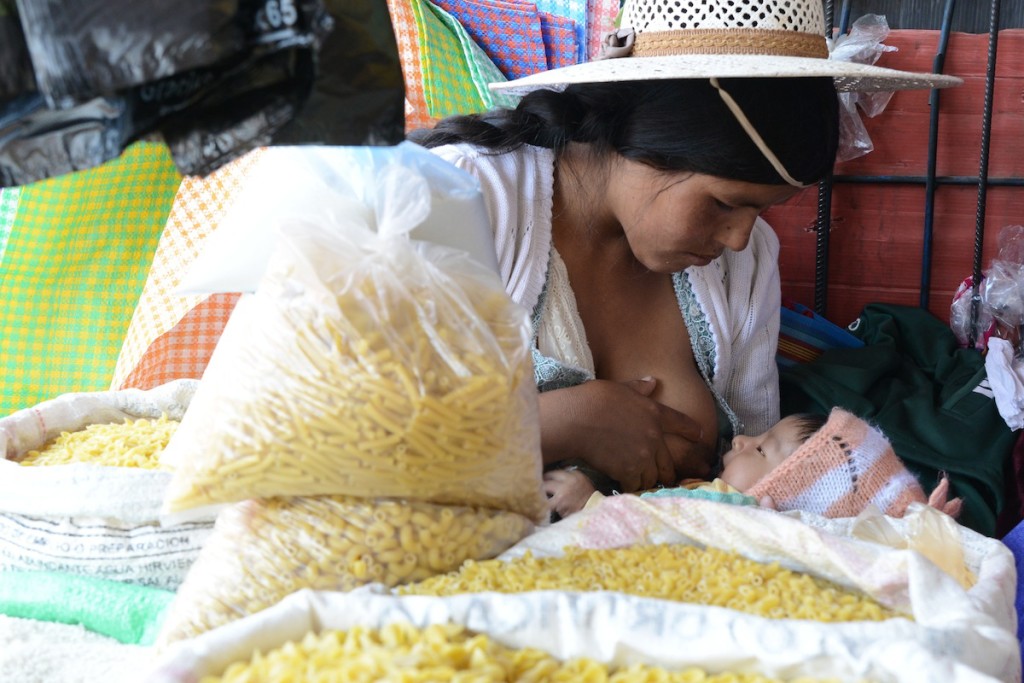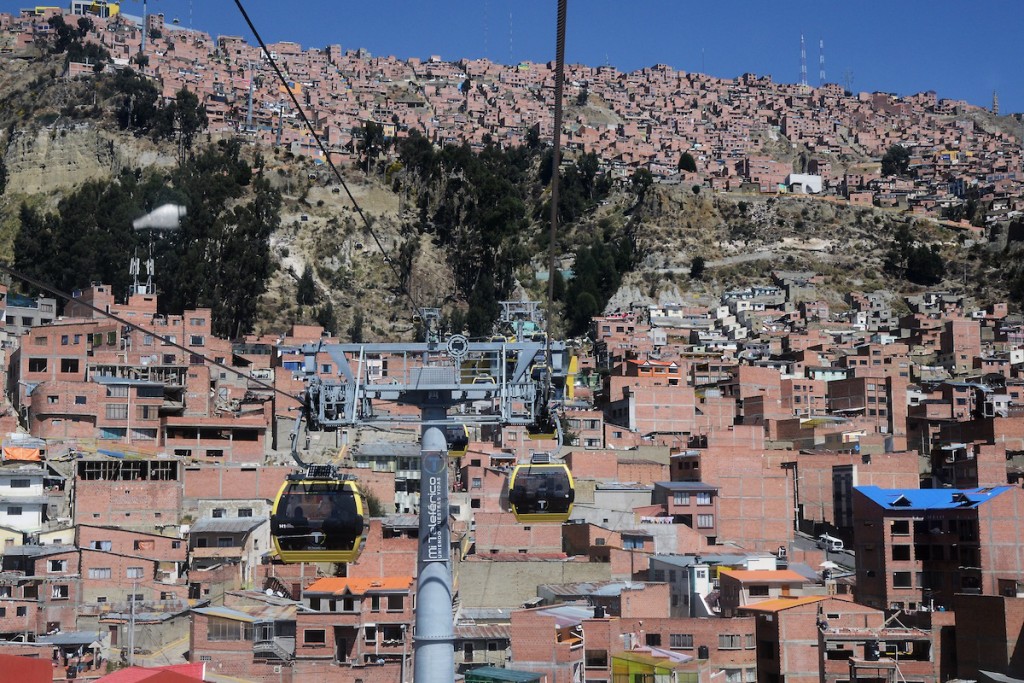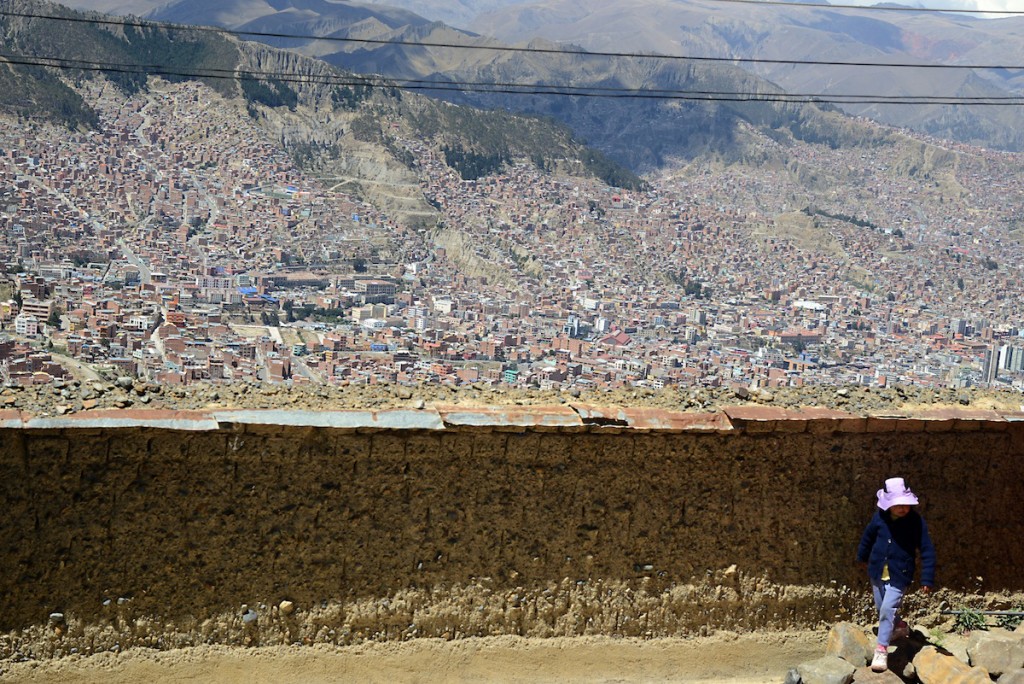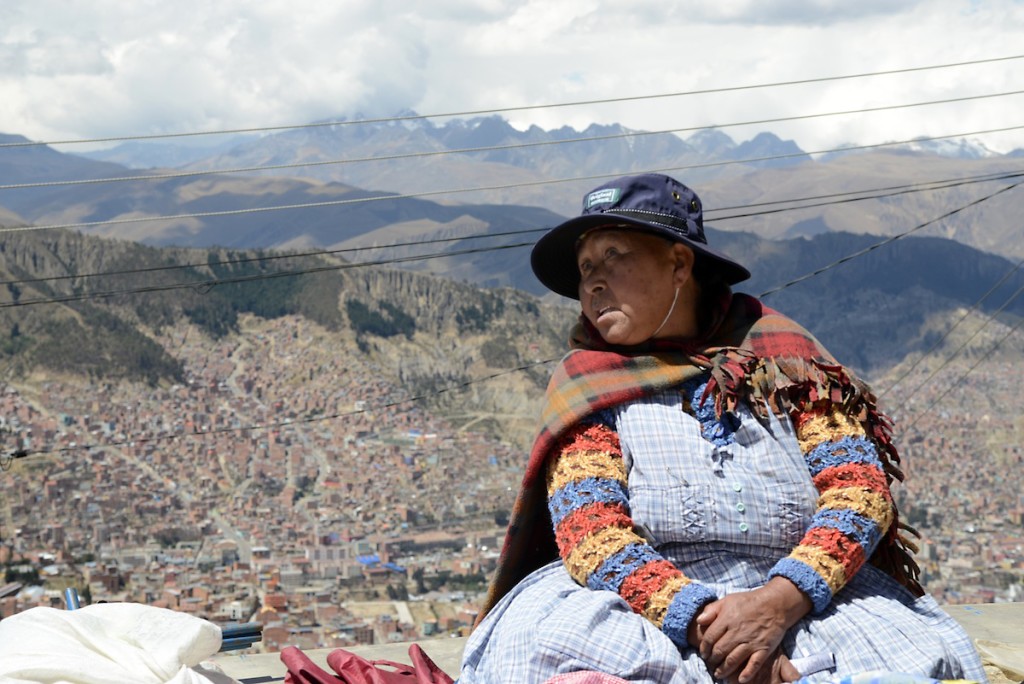The subway suspended La Paz, it is the most important and symbolic of the broader project called “social planning”, the attempt to make it more democratic relationship between the cities of La Paz and that of El Alto, the slum-city-satellite inhabited by indigenous campesinos-in close or rather above the highest capital in the world. The two cities in terms of population, today, substantially equivalent. Project symbol of social change and reform by President Evo Morales in the country, President that today enjoys the most acceptance among Latin American countries. Breaking down physical and psychological barriers between the two cities, La Paz richer and more modern and El Alto, a poor, dangerous and consists essentially emigration from indigenous rural, commuter population that is mainly engaged in trade, crafts and menial jobs, in capital. According to a cruel logic, the rich live in the lower part of La Paz, about 3500m high, where you breathe better while in El Alto, which is a ‘height of 4100m the difficulties are considerable. To date, persons transported by the three cable car lines, in just over a year of operation are 30 million. An investment that in its first phase has cost 234 million dollars, which is changing the face of the two cities, with three lines in operation and another 6 in preparation, with a total of 30 km, a project funded from the nationalization of gas and “economically sustainable” thanks to the ticket price. Phase 2 of the project includes the construction of a huge structure that will connect three cable car lines, with a shopping center, offices and public spaces, which has the ambition to be a new “youth center” of La Paz, this’ last funded with private capital. The urban revolution desired by Evo Morales in person, conducted by technical, president of the cable car and the right arm of the President, Cesar Dockweiler (interview also in video) that has been successful but also controversial policies by the right-wing opposition led by the mayor of city: the argument put forward by the opposition is not the respect for privacy and for all those people who live in good neighborhoods of the city where now the cable car passes over their homes just a few meters from the swimming pools, gardens and terraces, with the highest prices in the city. Protests that “hide” other types of topics such as the trend, thanks to a fast shipping, the poorest part of the population, to move in the richest and the consequent “invasion” of markets and shares makeshift spaces, first exclusive for the elite of the city. A little over a year after the operation, the cable car has improved the quality of life of many people to get to their jobs or at least La Paz, where are all the production activities, did not bring them three more hours, but a maximum of 30 minutes and urbanization projects (roads, sewers) of El Alto are facilitating the life of a population of nearly a million and a half inhabitants. Of course there are also the controversy as a part of the indigenous groups and leftist who question the value of the cable car, 3 bolivianos, exactly twice the ticket price of a normal bus. Others accuse Evo Morales of populism, claiming that a lot of money spent (from the nationalization of the gas) could be used in another way and more directly for the deficient population of Bolivian society…
